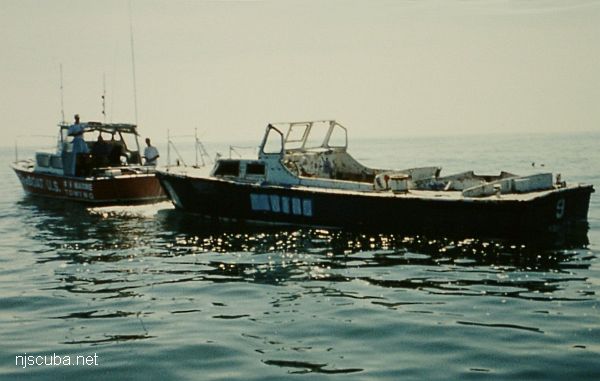Nuphar
- Type:
- shipwreck, iron-hulled screw steamer
- Built:
- 1881, England
- Specs:
- ( 287 x 37 ft ) 1963 gross tons
- Sunk:
- Saturday September 23, 1882
ran aground - no casualties

Coast Guard records denote this wreck as "disproved" - no longer there. It was removed as a hazard to navigation. Nuphar is the genus name for Water Lilies.



Questions or Inquiries?
Just want to say Hello? Sign the .